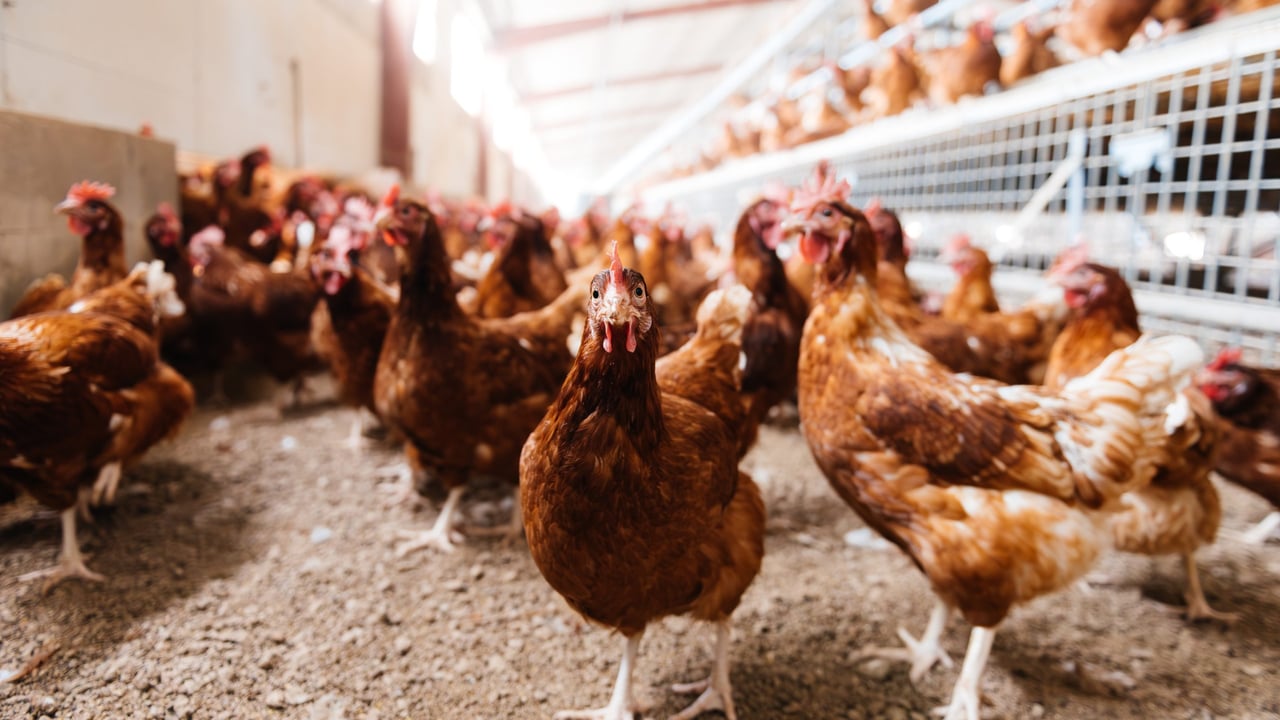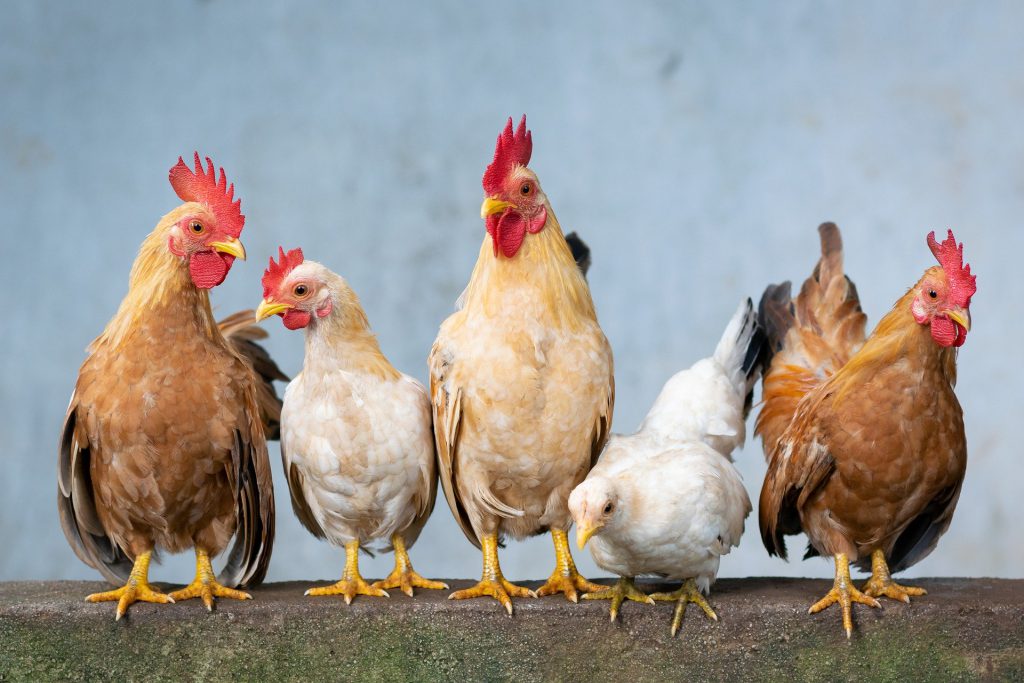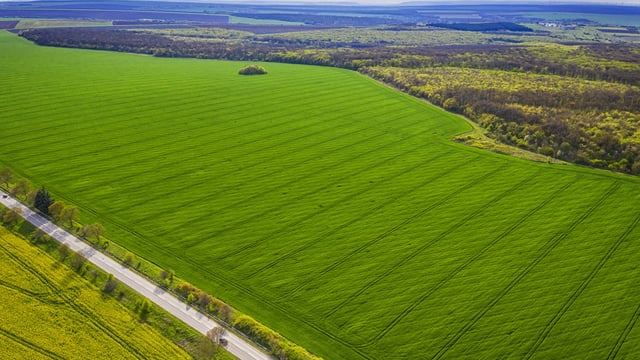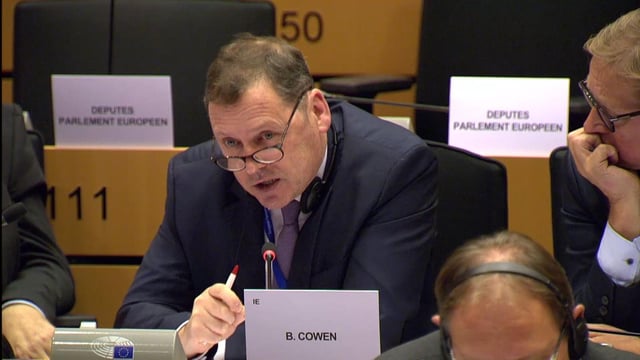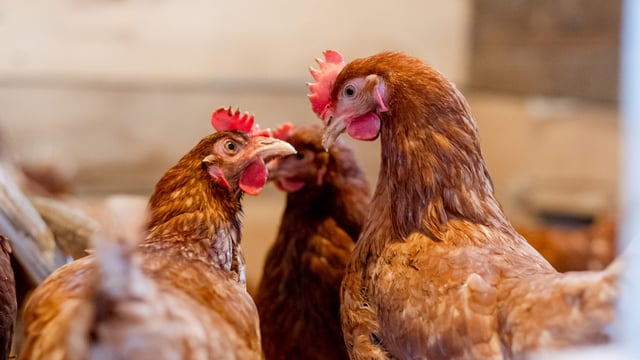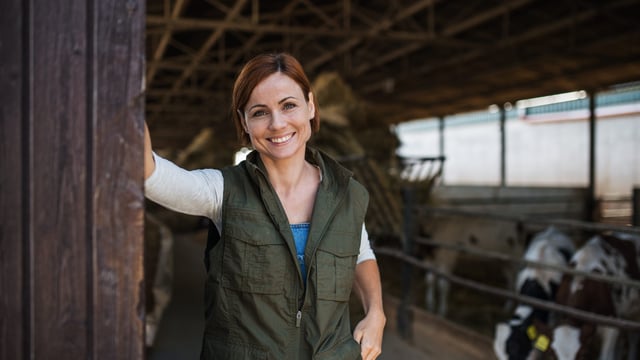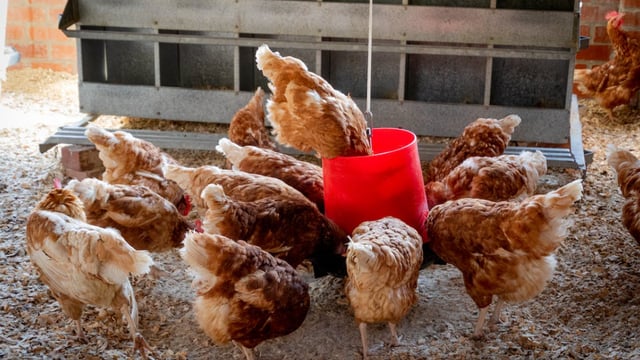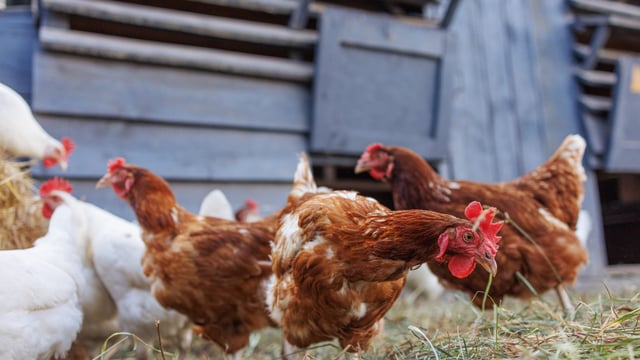Bird flu: What should flock owners know about the housing order?
As a result of the high risk posed by avian influenza (bird flu) to poultry flocks, a compulsory housing order is to be introduced in Ireland for poultry and captive birds.
The new rules will come into force on Monday, November 10, 2025.
The move comes as highly pathogenic avian influenza (HPAI) H5N1 has been confirmed in two turkey flocks in Co. Carlow and Co. Meath this week.
This is the first time outbreaks of HPAI have been confirmed in poultry in Ireland since November 2022.
The Department of Agriculture, Food and the Marine (DAFM) has put disease control measures in place around the holdings to reduce the risk of disease spread.
The virus is also widely circulating in the wild bird population, with over 40 cases detected so far this year.
In Northern Ireland, where cases of bird flu have been confirmed in Co. Tyrone and Co. Fermanagh, a housing order came into force from today (Thursday, November 6).
Housing order
Ahead of the mandatory housing order, DAFM has published a guidance document for flock owners, which is available on the department's website.
The measures mean that from November 10, 2025 all poultry and captive birds must be confined in a secure building to which wild birds cannot gain access.
All reasonable efforts must be made to house the birds, but for legitimate reasons where the welfare of certain types of birds can be influenced by prolonged housing, certain exemptions are in place.
If it is not possible to confine the birds in a secure building, DAFM said the birds must be confined in a manner that prevents their access to other poultry, captive birds, wild birds and their droppings
The department said that wild bird faecal contamination is currently the major source of avian influenza virus for poultry and captive birds.
As a result, housing of birds will prevent their direct exposure to wild bird faeces and reduce the potential for feed or water to be contaminated by wild birds.
DAFM noted that the requirement to house birds also applies to small backyard flocks.
"If you keep your birds near your home, consider housing them in alternative accommodation,such as a garden building, a garage or redundant building that could be adapted to house your birds temporarily.
"If you don’t have housing for your birds, you must take all reasonable steps to contain your birds, and to minimise contact between your birds and wild birds," the department said.
Flock owners should introduce control measures, such as netting, to prevent wild birds gaining access to feed and water supplies.
Although wire netting will prevent direct contact between wild birds and kept birds, the department said covering the roof can prevent contamination from wild bird droppings.
Birds
In cases where birds are not used to being housed, DAFM said the requirement to confine them will require changes to how they are managed.
The department said birds will need to be checked more often to ensure that:
- Feed and water are kept fresh, and free from faecal contamination;
- There is no evidence of behaviour such as feather pecking or cannibalism;
- In hot or cold and wet weather that the birds have sufficient ventilation;
- Overcrowding does not become a problem (particularly with fast-growing birds);
- There is no evidence of disease.
DAFM also suggested that environmental enrichment, such as perches or straw bales or foraging items, may be useful to reduce stress.
Sales
The new regulation also means a ban on the assembly of live poultry and captive birds from different premises.
Therefore, it not permitted to organise or take part in events which involve theassembly of live birds from different premises e.g. shows, fairs, markets or sales.
DAFM noted that it is still possible to privately sell birds, and there are currently no restrictions on the movements of birds.
However, where birds are being introduced to a premises where other poultry or captive birds are present, the department advises that they should be quarantined for at least 3 weeks.
Biosecurity
The department has reminded flock owners that biosecurity still remains the most effective method in preventing and controlling the spread of disease.
Since November 1, strict biosecurity is a mandatory requirement on all poultry and captive bird holdings around the country.
The department said that biosecurity measures include:
- Preventing access to the holding by vermin, wild birds or any other animals;
- Putting in place footwear disinfection points at all entry and exit points to and from the premises;
- Limiting access to the premises to essential personnel only;
- Ensuring that biosecurity protocols are followed by all personnel entering and leaving the premises as regards dedicated/disposable clothing, footwear and appropriate handwashing;
- Cleaning and disinfection of vehicles entering the site, keeping a record of visitors and parking off site if possible.

